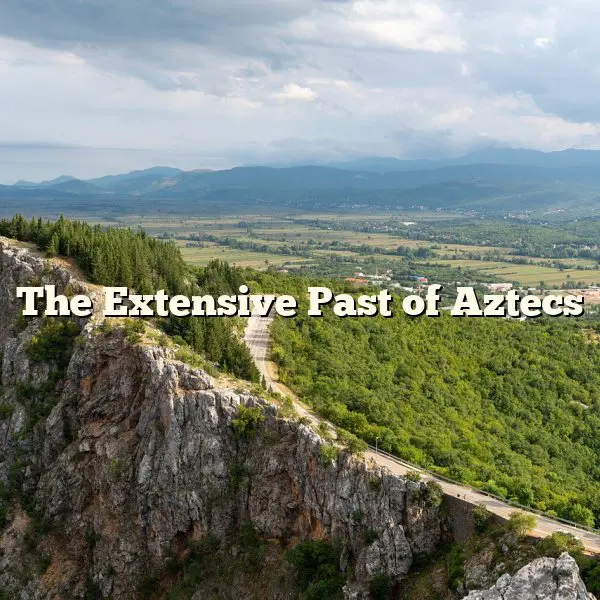The Aztecs
The Aztec Empire was composed of migratory people, and multiple ethnic tribes which spoke the Nahuatl Language and took over the immense parts of Central Mexico around 14th to 16th centuries. Men and women from Aztlan (the Mexicas) traveled Central Mexico and established alliances along with the original occupants of Texcoco and Tlacopan, the two large cities of Tenochtitlan. Tenochtitlan is recognized today as Mexico City. This triple Coalition soon became a major civilization with a distinctive tradition, complicated faith and a wide political dominion throughout the valley of Mexico and a few city states of Mesoamerica.
Archaeological evidences pointed out that the Aztec people had extremely remarkable accomplishments with regards to architecture and art. Spanish clergymen and literate Aztecs had described the traditions and history of Aztecs via written records, indigenous bark paper codices had also been revealed as archaeological evidence, in addition to eyewitness testimonies coming from Spanish conquistadors.
The Aztec Tradition
The chief dialect spoken by Aztec men and women was known as N’ahuatl. Their writing system was picture crafting where they sketch symbols and pictures associated with nouns. These images were joined with each other to generate phrases, to generate their accounts and preserve archives. Aztec picture system had been tough to learn. The method was primarily undertaken by priests as well as scribes who were the only ones efficient in recognizing the particular images.
The Aztec people were passionate with composing poems and they possessed books called codices. Their books or codices tend to be in the form of lengthy pieces of paper which had been folded up similar to an accordion, covered with a piece of wood on both sides. Images and signs were composed within both ends of the paper and could be read from either top to bottom and left to right.
When it comes to Art, Aztecs were interested in stone carving, painting pictograms, pottery and making head dresses out of feathers. Statues had been created by stone workers out of wood, rock and bones. Pictograms were sketched by scribes as well as priests and so they worked with vegetables, insects, shells, minerals and oils to paint them. Pots had been sculpted and colored by the bare hands of Aztec potters, and headdresses had been creatively crafted out of tropical birds through feather workers.
The author is fond of sharing stories in the past. He has a website all about the Aztecs. Click this article to learn about Aztec people and their culture. Or visit this website for more information about the Aztecs.



